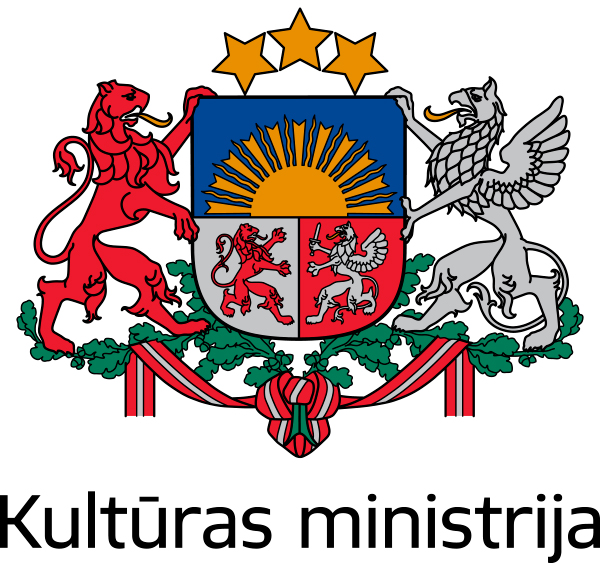The greatest interest and most of the questions from the target group concerned such issues as: opportunities to learn Latvian; residence permits and other issues related to migration; child allowances; entrepreneurship, including registration of companies, tax system; employment relationship; divorce. Specialists of the organization indicate that, during the consultations, the necessary support has been provided also in writing letters and applications to public institutions, and explaining the information on accessibility of social services, and decisions of public institutions.
One of the consultants of “Shelter “Safe House”” – lawyer Alvis Šķenders – notes that, taking into consideration the different countries clients are coming from, most of the times the intermediary languages during consultations have been English and Russian. Most frequently, third-country nationals have wanted to receive consultations in person – 77 times in total. Consultations via telephone have been provided 23 times, whereas via e-mail – 2 times.
“Our practice shows that using an individual approach for resolution of social cases results in the most positive solution, therefore, it is very significant that the clients have an opportunity to receive such support from the state. It not only gives people a more in-depth understanding of their problem and helps to find an individual solution together with a consultant, but also provides an opportunity to obtain more information on their rights and opportunities in the Republic of Latvia,” indicates A. Šķenders and invites third-country nationals to be active and use this unique opportunity.
Free consultations are provided by phone +371 25565098, e-mail: konsultacijas@patverums-dm.lv, as well as in person – at the premises of “Shelter “Safe House””, Lacplesa Street 75-9, Riga.
Consultations are provided under the participation agreement concluded between the Ministry of Culture of the Republic of Latvia and “Shelter “Safe House” on 17 September 2015, on execution of certain public administration tasks for integration of third-country citizens. The agreement provides that, as of October 1, the society shall ensure integration support measures for third-country nationals, including refugees and persons having the alternative status. It is planned that during a four-month period within the framework of the agreement the needs of third-country nationals will be identified in order to improve the process of their integration in Latvia. Experts of the society inform that, during the four-month period, it is planned to identify the needs of third-country nationals to improve the process of their integration in Latvia.
*A third-country national is any person who is not a citizen of the member states of the European Union, the European Economic Area or the Swiss Confederation
Information was prepared by: Rasa Salina (Rasa Saliņa), Communications and Social Media Expert, phone: 22026355, e-mail: rasa.salina@gmail.com



